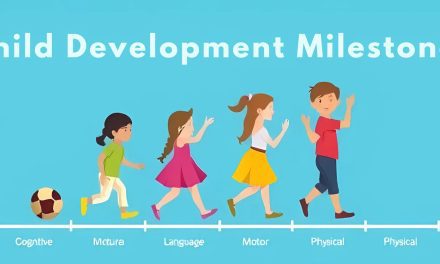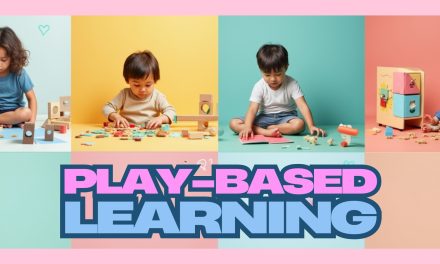In today's digital age, educational games have become an increasingly popular tool for engaging and educating children.
These interactive and stimulating games offer a unique way for kids to learn and develop crucial skills while having fun. The possibilities are endless, from puzzle games to math and language learning games.
This article will explore the world of educational games for kids. More specifically, we’ll examine their importance and their various benefits. So, if you want to unlock the potential of educational games for your child, keep reading.
What Are Educational Games for Kids?
Educational games for kids are interactive technology-based activities designed to promote learning in a fun and engaging manner.
These games offer a playful learning experience. They achieve this by integrating educational content with digital learning tools, enhancing children's cognitive skills and academic subjects.
Educational games come in various forms, such as adventure games, puzzles, quizzes, and simulations. This helps to cater to different learning styles and subjects.
For example, math games can strengthen numerical fluency. Similarly, language-based games bolster vocabulary and grammar. Game-based learning also fosters problem-solving abilities and critical thinking skills. This translates to a dynamic learning environment for children.
These games offer several benefits in the form of immediate feedback, adaptive difficulty levels, and personalized learning experiences. They also make education an enjoyable and effective journey for young minds.
Why Are Educational Games Important for Kids?
Educational games play a significant role in children's development. They accomplish this by fostering engagement, creativity, problem-solving, critical thinking, and the acquisition of cognitive skills and emotional intelligence.
These games provide measurable learning outcomes. In fact, they offer various educational benefits that contribute to holistic skill acquisition.
They enhance children's academic skills and promote social interaction and teamwork. Through these games, children learn to:
- Strategize
- Communicate effectively
- Manage their emotions
Educational games encourage a growth mindset, as children are motivated to persist through challenges and learn from their mistakes. These experiences have a lasting impact on their cognitive development and overall learning experience.
How Do Educational Games Benefit Kids?
Educational games benefit kids by fostering motivation and collaborative learning experiences. They also unlock kids’ learning potential through engaging game mechanics. These games offer:
- Diverse learning activities
- Access to educational resources
- Interactive learning tools that support cross-curricular knowledge acquisition
Children can immerse themselves in a virtual world where they can develop problem-solving skills, critical thinking, and creativity without even realizing they are learning.
For instance, in a math game, children may be tasked with solving equations to advanced levels. This reinforces fundamental math concepts in an enjoyable manner.
These games also encourage collaboration and teamwork when played with peers. They foster social skills and good sportsmanship. The interactive nature of educational games keeps children engaged while simultaneously broadening their understanding of various subjects. Want to learn more about the power of play in children’s development? If you do, visit our website, Marvelus Kids.









